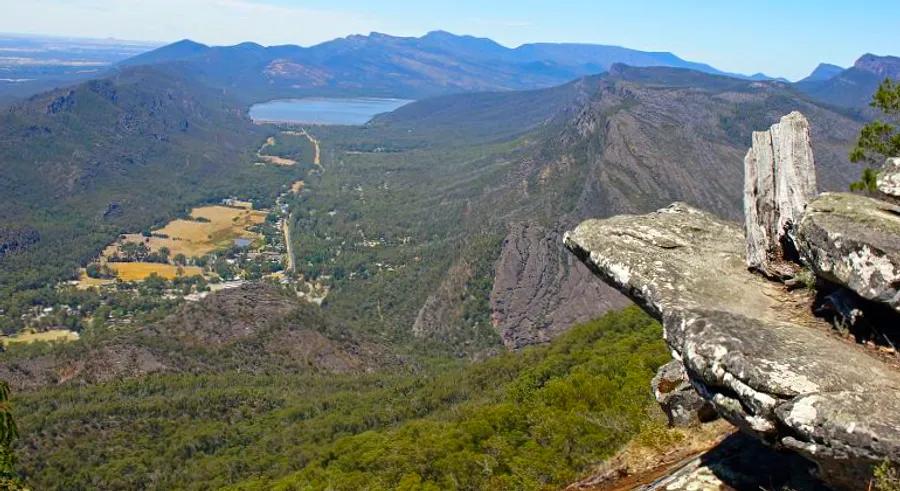A Heritage Journey to West Africa Can Be Transformative for Black Americans

Significant historical sites in West Africa, such as Elmina Castle in Ghana and the Maison des Esclaves in Senegal, serve as vital reminders of the transatlantic slave trade. These locations hold profound significance for visitors like Rondel Holder, a Black New Yorker with roots in Grenada and Jamaica, who represents a growing trend of individuals from the African diaspora returning to trace their heritage.
'I still feel a chill when I think about the dungeons and cellars of Elmina Castle,' recalls Holder about his experience in 2019. 'For many Black individuals, there’s an innate desire to connect and discover our origins.'
Several factors are fueling a rise in interest for heritage trips to West Africa. Innovations in DNA testing, led by companies such as AfroRoots DNA and African Ancestry, are facilitating the exploration of genetic roots for Black Americans. Airlines like Delta have increased their flights to West Africa, while tourism initiatives such as Ghana’s 2019 Year of Return, commemorating 400 years since the first enslaved Africans reached Jamestown, Virginia, have drawn the diaspora. Additionally, more tour operators are emerging to manage the logistics of these journeys.
 A naming ceremony hosted by Black & Abroad in Yamoransa, Ghana, in 2019.
Image courtesy of Black & Abroad
A naming ceremony hosted by Black & Abroad in Yamoransa, Ghana, in 2019.
Image courtesy of Black & Abroad'We’ve never truly had the opportunity to grow from our history,' states Eric Martin, co-founder of Black & Abroad, which offers group tours to Ghana and Senegal. 'By embarking on a pilgrimage to these West African nations, experiencing the sights, and listening to personal stories from the descendants of our African ancestors, we establish a deeply cathartic connection.'
Many Black travelers report that the experience can be transformative.
'I feel more connected to myself and my culture than ever,' shares Brian Oliver, a nonprofit director from Baltimore who explored the five African countries linked to his DNA: Benin, Côte d'Ivoire, Ghana, Nigeria, and Togo. Nicole Brewer, a teacher and blogger residing in Oman, included Ghana on her retirement shortlist after her visit during the Year of Return, which was inspired by her DNA results. Others, like Kristin Tellis Quaye from St. Petersburg, Florida, have turned their heritage travel experiences into new career paths. A practicing lawyer, she now also operates Certified Africa, a company that organizes trips to West Africa.
While these deeply moving journeys provide Black Americans a powerful avenue to trace their ancestry, they necessitate careful planning.
'The truth is, Africa possesses its own complexities and viewpoints that often differ from the idealized perceptions held by those in the diaspora,' remarks Kwesi Ewoodzie, a Ghanaian-American sociologist and founding director of Culture Beyond Borders, an Atlanta-based tour operator. A knowledgeable guide can assist in overcoming language barriers and fostering significant cultural exchanges. Online communities like Black Travel Movement and Travel Africa Movement provide valuable insights, filled with tips from locals. Additionally, publications like Essence and Travel Noire offer practical guidance, often tailored specifically for Black Americans.
Another hurdle is that DNA testing can identify only the racial backgrounds and geographical origins of Black Americans, not their family names or lineages. Nevertheless, Holder reflects that his trip to Ghana was 'profoundly spiritual.'
'You’re standing in the very place where tens of thousands of Black individuals were enslaved, learning about their struggles before they were forced onto ships crossing the Atlantic,' he recalls. 'Being back in Africa willingly and joyfully, in the location where all this transpired, feels like fulfilling my ancestors’ greatest hopes.'
A version of this article first appeared in the February 2021 issue of Dinogo under the headline Going to West Africa? It's a Trip Like No Other.

1

2

3

4

5
Evaluation :
5/5